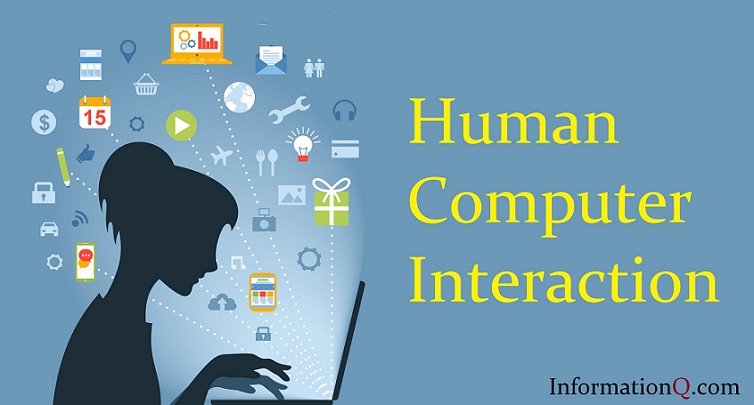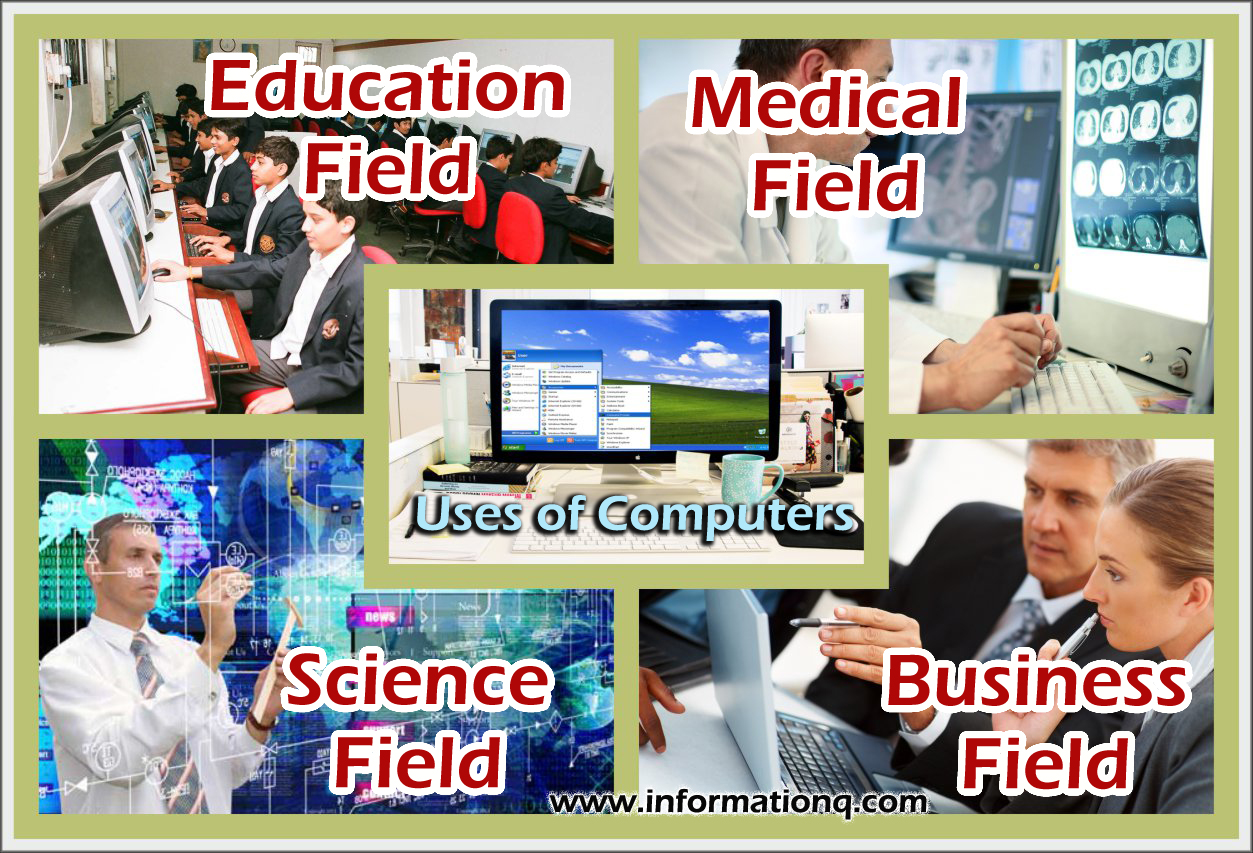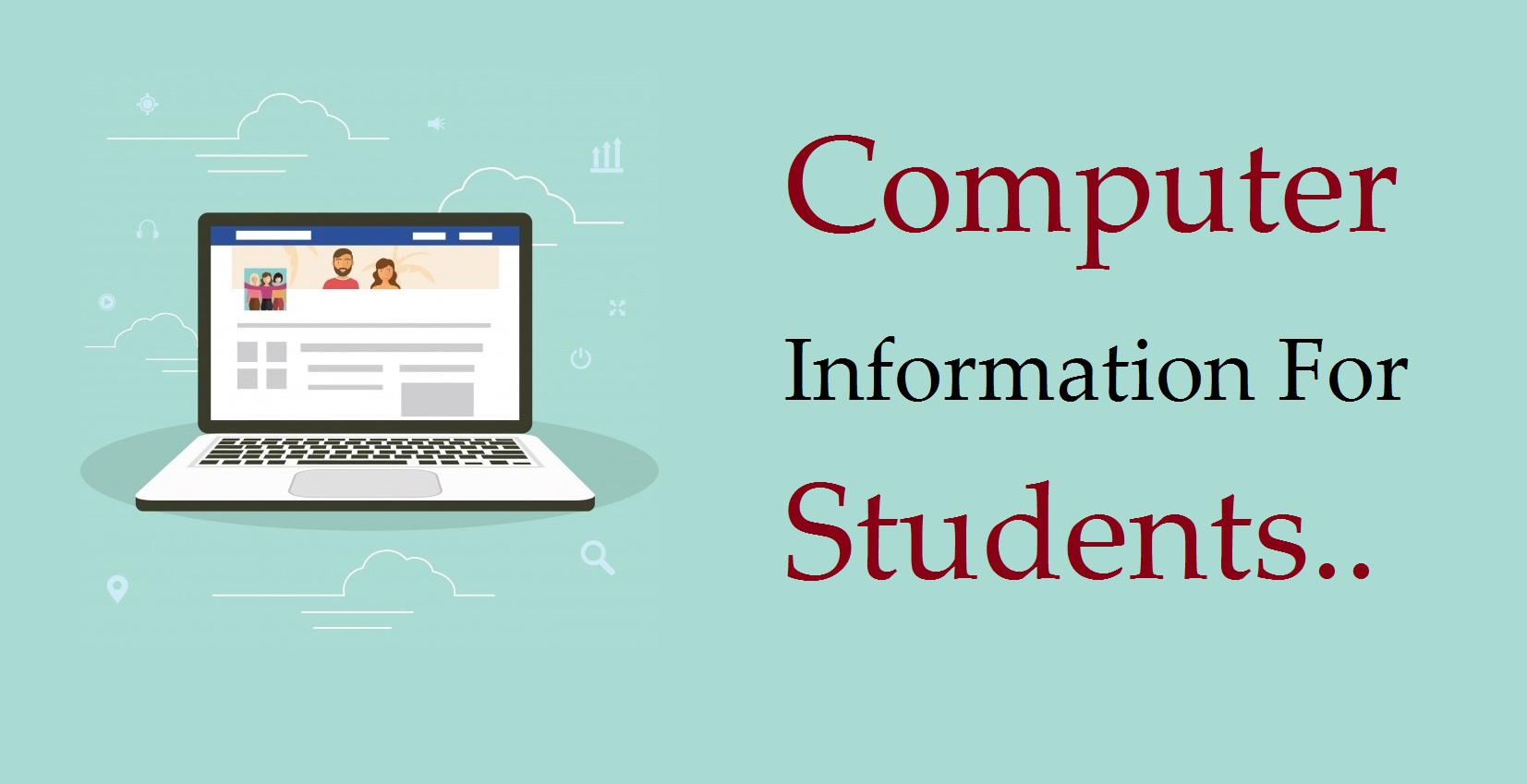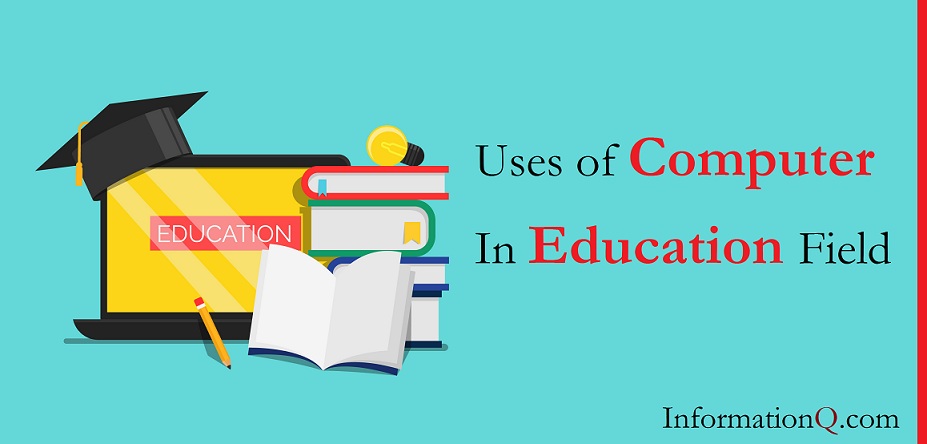Introduction:
All around us, we see the increased use of technology for even the smallest of purposes. From grocery stores to IT industries, everyone is directly or indirectly dependent on them. Even parents rely on them for their children’s education. There isn’t anything that a person cannot do with a computer in front of them. A person is introduced to a computer at a very young age in this new era. With digitalization taking over the world at a rapid speed, it has become inevitable to avoid them. There are many applications of computers in education, if used right may bring out the best in an individual.
Schools start computer courses for student from primary classes itself. In other words, children are being provided early childhood education on computers also. In addition, the new trend of “digital classrooms” is taking over the education system wherein students are shown video lessons by which they take in information in an easier way. Parents these days prefer sending their children to schools with better computer equipment. Apart from schools, universities and colleges also use computers. And undergraduate students prefer computers the most, I believe. From completing assignments to studying to submitting papers, students are dependent on their PCs. This shows how important a part computer has become in an individual’s growth and development. The article will give you an insight on how computers are both a boon and a bane in education.
Role of Computers in Education.
School Level:
A student starts their experience with computers mostly during their primary years of education. They are introduced to computer technology in education right from school level. In these few years, they are taught the basics, that is, theory lessons about what computers are its parts, their individual uses, and purposes. Along with the theoretical knowledge, they are exposed to the computer in real-time and made to work on it. Students learn the basic uses and applications. Simple things like how to copy-paste a particular data with the help of keyboard shortcuts, using applications that do not require any network connection, and more. A student can also access educational websites that offers enormous amount of knowledge they can gain.
Along with these lessons, computers serve students and teachers in various other ways. Schools these days instruct teachers to send home works to students through e-mails. So, each student is given a personal email for all their school assignments, and other activities. An individual has their own portal where they submit their home works and assignments, surf the internet for their projects, collaborate with their group members and more. They are also made to bring out their creativity while using MS-Paint and other such applications. Similarly, computers are used at a considerably deeper level in high school. A student is taught to create websites, creative applications and more. Also, software like Java, C++ and more are introduced to them where they develop codes that require their logical reasoning and thinking.
College Level:
By the time a child reaches the college level, they are well versed with the usage of a computer and its applications. Therefore, college going students, make the most out of computers for all their academic requirements. There are many students who cannot afford textbooks, so they rely on the internet for their studies. Also, assignments are given at a professional level which needs a lot of research and studying. Students have to submit all their projects and thesis through their academic portals or e-mails. There are more other ways a student can use computers such as for learning their subjects or lessons by watching video lessons, attending online classes, and more. Apart from the academic necessities, computers with internet connections let you socialize with others, learn new things; know what is happening around the globe by reading or watching the news, and so on.
Negative Aspects of Computers in Education.
Where there is a positive impact, there definitely will be a negative impact of things. Therefore, as much a boon computers can be, they can even harm an individual’s life. We have seen all the positive outcomes that computers have and how it can nurture and develop students in their respective academic lives. Now, let’s see how they can affect children in a non-positive way.
School students, if not monitored by parents or teachers, can be exposed to harmful content that the internet offers. In worse case, scenarios, computers could easily get hacked by remote operators if an individual accesses any harmful content. Furthermore, too much usage and dependence of individuals on the computer can seriously affect their physical and mental health. Since everything is so easily available at fingertips; a person’s ability to think reduces and in a long time might kill their creativity.
The effects may be severe on college students as well, basically, anyone who has access to the internet. Creating public profiles for socializing can make you a victim to cyberbullying. With everything available on the internet, students can easily astray from their academic paths. In other words, they may get tempted to watch movies, or while away their time by accessing non-useful content while they are supposed to be studying. It increases laziness in a person and deviates them from exploring their full potential.
To conclude, there are as many negative aspects of using computers for educational purposes as there are positive ones. Whether computers being used by students in an intense manner are a must or not will remain debatable. However, with the provision of the right learning environment and guidance, we can reduce the misusage of computers to some extent.
Related Articles:
   |
   |
   |

very good